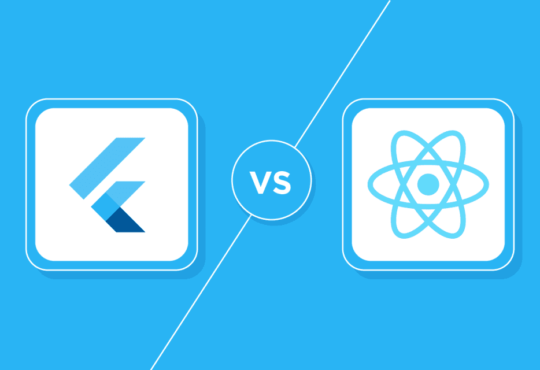In the current digital era, having a strong online presence is essential for both people and organizations. Choosing a trustworthy web hosting company is important whether you’re creating a personal blog or a website for your business. Given the wide range of products on the market, it’s crucial to comprehend the important elements to consider before choosing. In this blog article, we’ll review three things you should know when choosing a web hosting company.
Determine Your Hosting Needs:
Before diving into the vast sea of web hosting providers, it’s essential to identify your hosting requirements. Consider factors such as the purpose of your website, expected traffic volume, scalability needs, and budget constraints. This analysis will help you determine the type of hosting that best suits your needs, whether it’s shared hosting, VPS (Virtual Private Server) hosting, or dedicated server hosting.
- Shared hosting is a budget-friendly option suitable for small websites.
- VPS hosting offers more control and resources.
- Dedicated server hosting provides the highest level of performance and customization but comes at a higher cost.
Understanding your hosting needs upfront will ensure you choose a provider that aligns with your requirements.
Reliability and Uptime Guarantee:
Your website will always be accessible and working, thanks to a reputable web host. The proportion of time your website is up and working uninterrupted is known as uptime. Choose a hosting company with an uptime guarantee of 99% or better since even a little downtime may cost you chances and money.
Research customer reviews and testimonials, and check if the provider has a robust infrastructure with redundant systems in place. Additionally, consider their customer support availability, as timely assistance is crucial in resolving any technical issues that may arise.
Scalability and Room for Growth:
Although your website may start tiny, it’s important to consider future development potential. You may increase your resources as your website expands if your web server provides scalability choices. Search for service providers who give flexible contracts or smooth upgrade options to handle rising traffic and new services.
Consider factors such as storage space, bandwidth limits, and the ability to handle sudden traffic spikes. A web hosting provider with room for growth ensures your website can handle increased user demand without compromising performance.
Conclusion:
Selecting the right web hosting provider is a vital decision that can significantly impact your online presence and success. You can make an informed choice by understanding your hosting needs, prioritizing reliability and uptime, and considering scalability and growth options.
Remember to thoroughly research different web hosting providers, compare pricing plans, and seek recommendations from industry experts or colleagues. Take your time, weigh the pros and cons, and select a web hosting provider that meets your current requirements and aligns with your long-term goals.






